- CEC
- Legislation
- Election commissions
- Elections and referendums
- International cooperation
- Press service
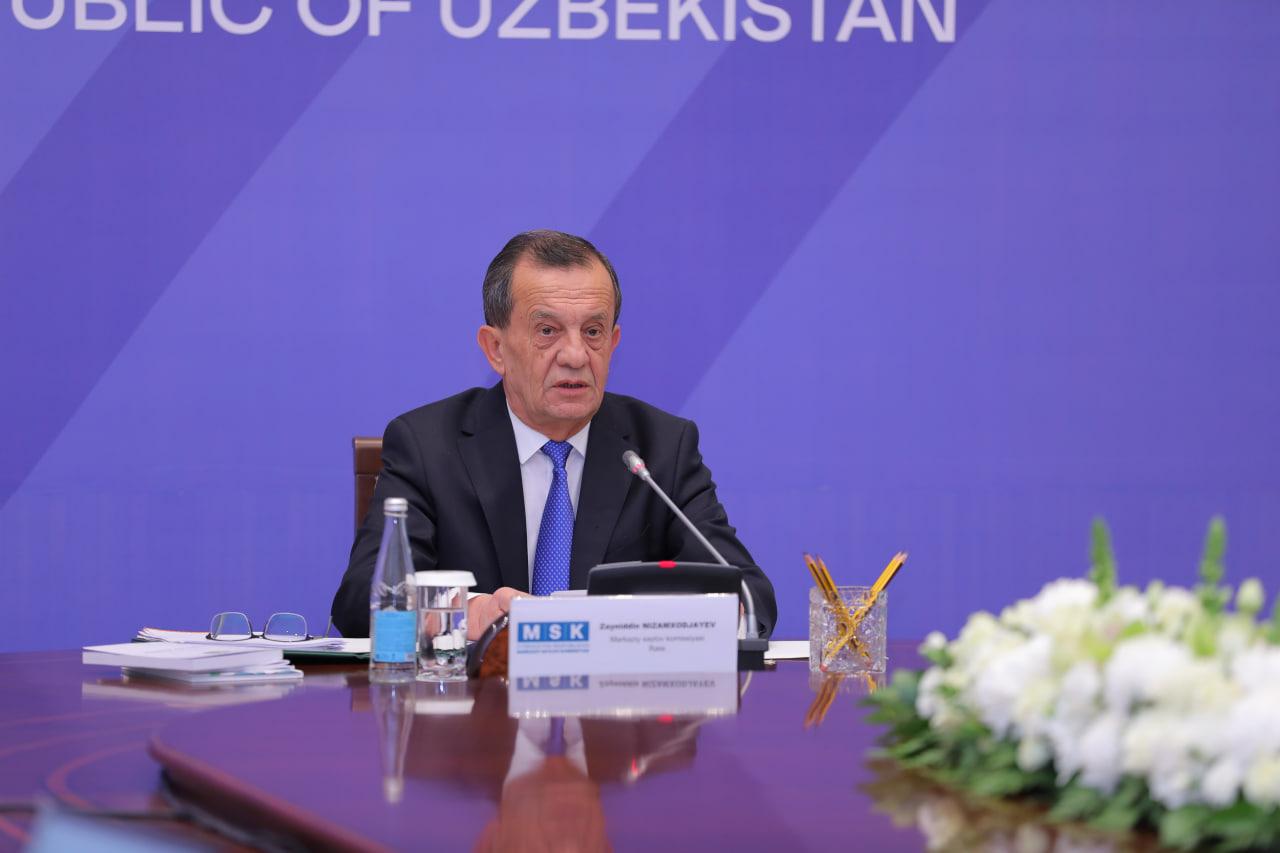
One of the unique aspects of the election of deputies to the Legislative Chamber of the Oliy Majlis of the Republic of Uzbekistan, which took place on October 27, 2024, is related to the heightened sense of civic responsibility and involvement of voters.
A total of 15,027,529 voters cast their ballots in the elections to the Legislative Chamber of the Oliy Majlis, the Jokargy Kenes of the Republic of Karakalpakstan, the Councils (Kengashes) of People's Deputies of the regions and the city of Tashkent, as well as the districts and cities. This corresponds to 74.72 percent of the total number of voters.
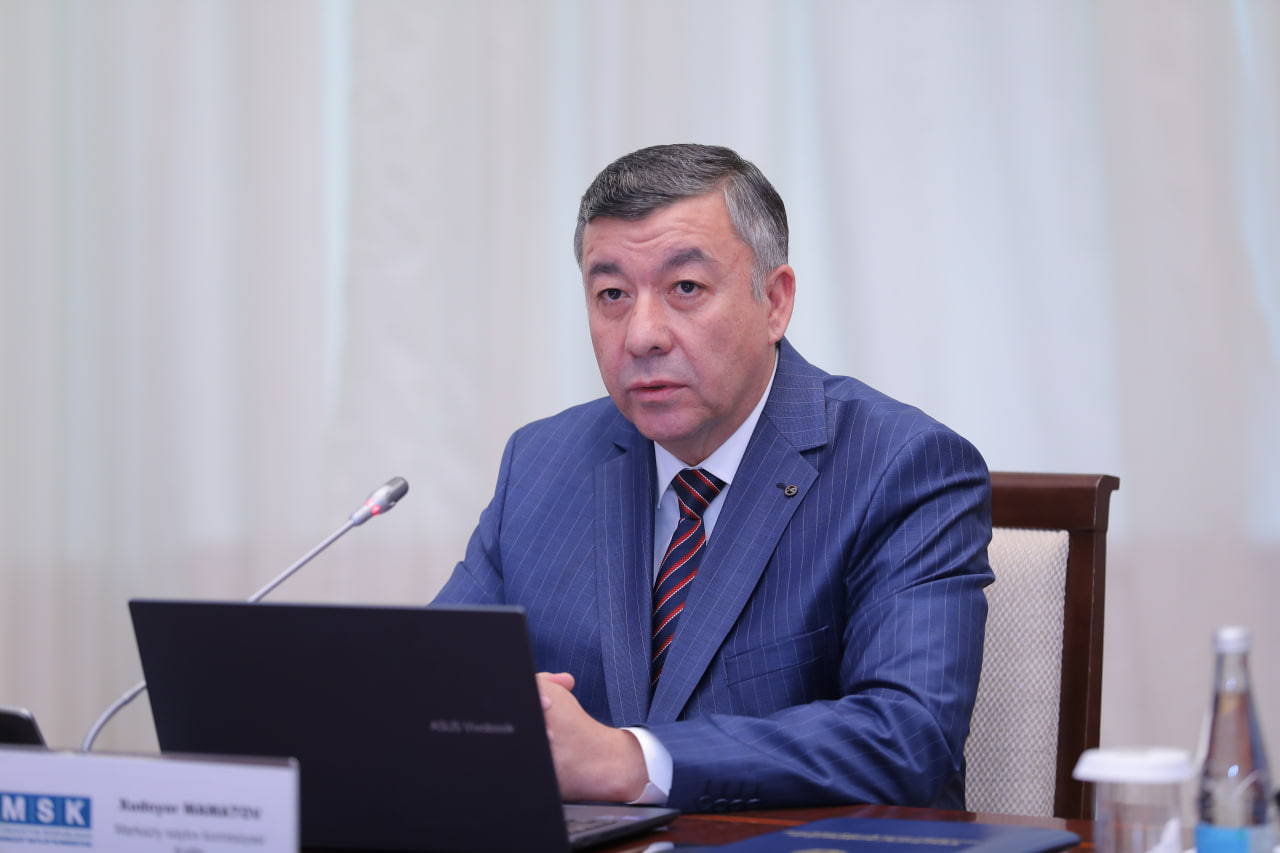
During the preparation and conduct of the elections, which were based on openness, publicity and transparency in all phases, a significant increase in citizens' interest in the elections to the legislative chamber and the local Councils (kengashes) was observed.
The course of the election campaign also clearly showed that the introduction of a mixed electoral system in the parliamentary elections has increased competition between the political parties and brought new forces into the democratic environment of society.
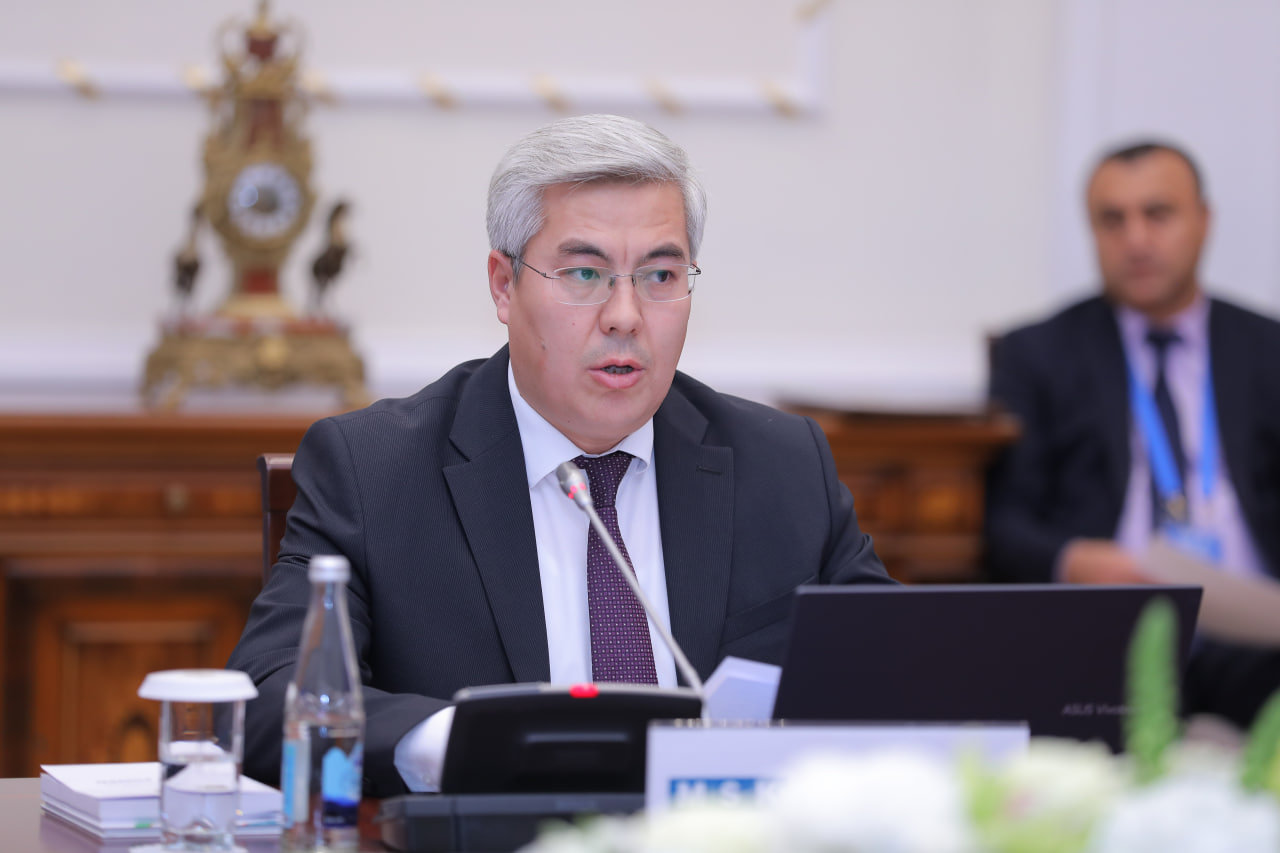
At the meeting of the Central Election Commission on October 31 of this year, the results of the elections to the Lower Chamber of Parliament were summarized in accordance with the Election Law and 150 deputies were registered, 75 of whom were elected in single-mandate constituencies and the remaining 75 in a nationwide constituency on party lists.
The results of the election of deputies to the Legislative Chamber of the Oliy Majlis from a nationwide constituency are as follows:
Movement of Entrepreneurs and Businesspeople – Liberal Democratic Party of Uzbekistan — 26 parliamentary seats;
“Milliy Tiklanish” Democratic Party of Uzbekistan — 14 parliamentary seats;
Ecological Party of Uzbekistan — 10 parliamentary seats;
People's Democratic Party of Uzbekistan —13 parliamentary seats;
“Adolat” Social Democratic Party— 12 parliamentary seats;
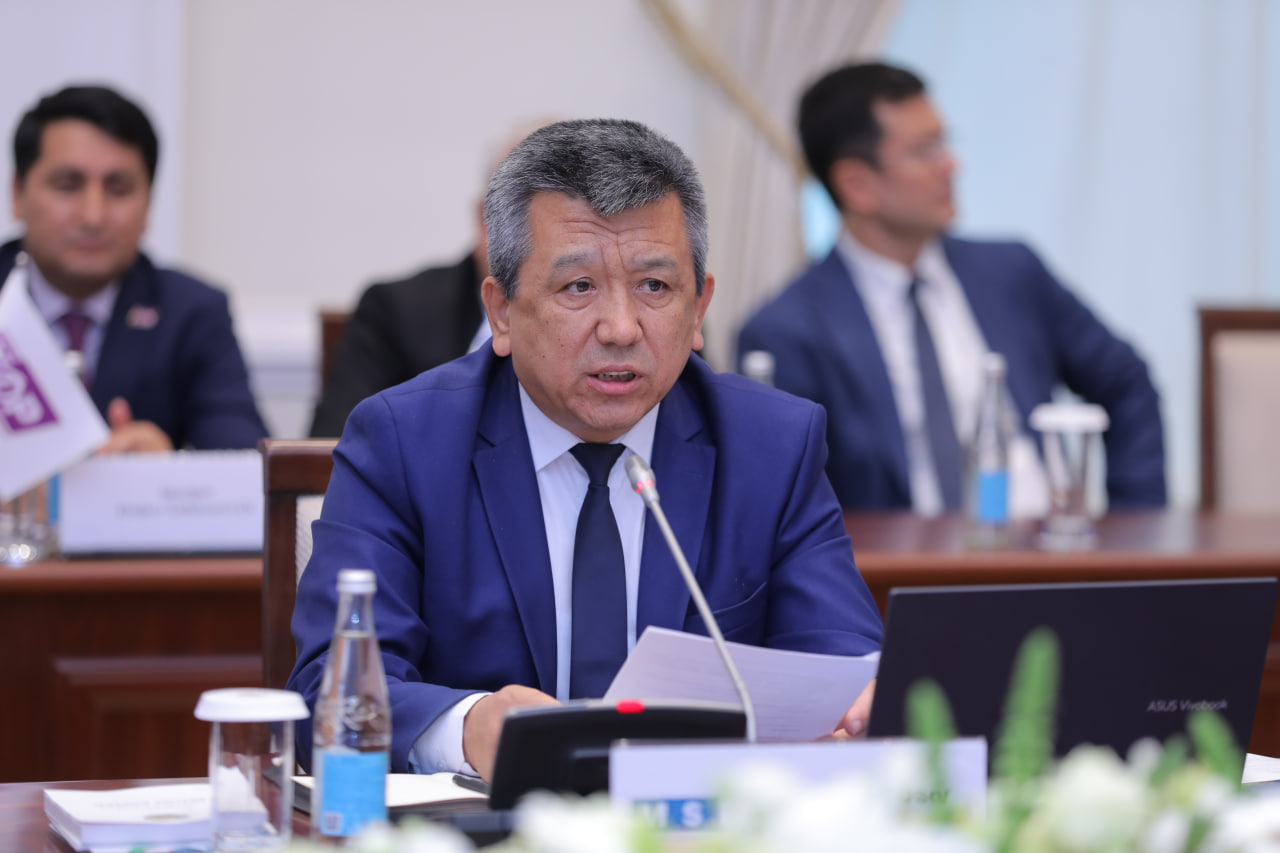
The party affiliation of the 75 deputies elected to the Legislative Chamber in single-mandate constituencies is as follows:
38 deputies of the Movement of Entrepreneurs and Businesspeople – Liberal Democratic Party of Uzbekistan elected,
15 deputies of the “Milliy Tiklanish” Democratic Party of Uzbekistan elected
9 deputies of the “Adolat” Social Democratic Party elected,
7 deputies of the People's Democratic Party of Uzbekistan elected,
6 deputies of the Ecological Party of Uzbekistan elected.
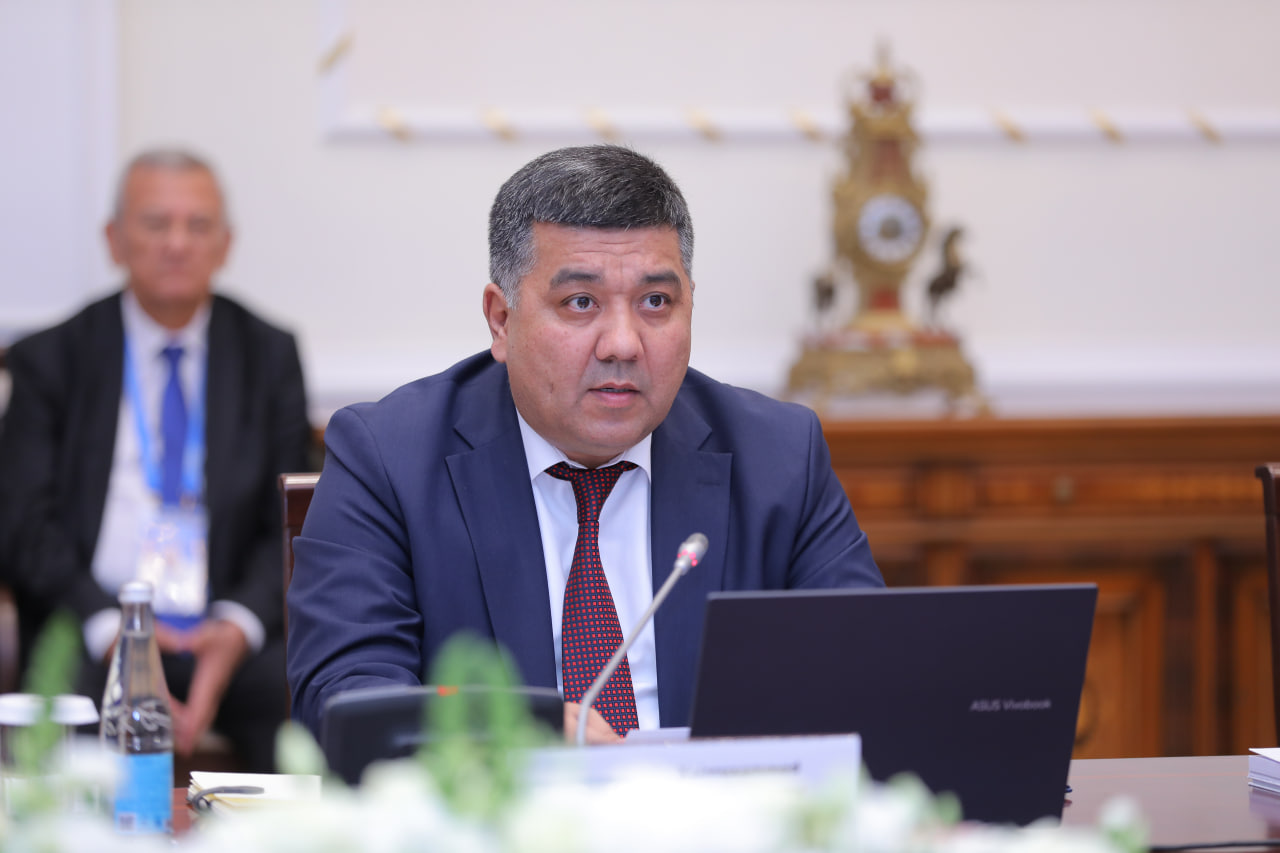
The party affiliations of the 150 deputies elected to the Legislative Chamber on the basis of the votes cast for candidates and parties are as follows:
Movement of Entrepreneurs and Businesspeople – Liberal Democratic Party of Uzbekistan — 64 parliamentary seats or 42,7 percent;
“Milliy Tiklanish” Democratic Party of Uzbekistan — 29 parliamentary seats or 19,3 percent;
“Adolat” Social Democratic Party — 21 parliamentary seats or 14 percent;
People's Democratic Party of Uzbekistan – 20 parliamentary seats or 13,3 percent;
Ecological Party of Uzbekistan – 16 parliamentary seats or 10,7 percent.
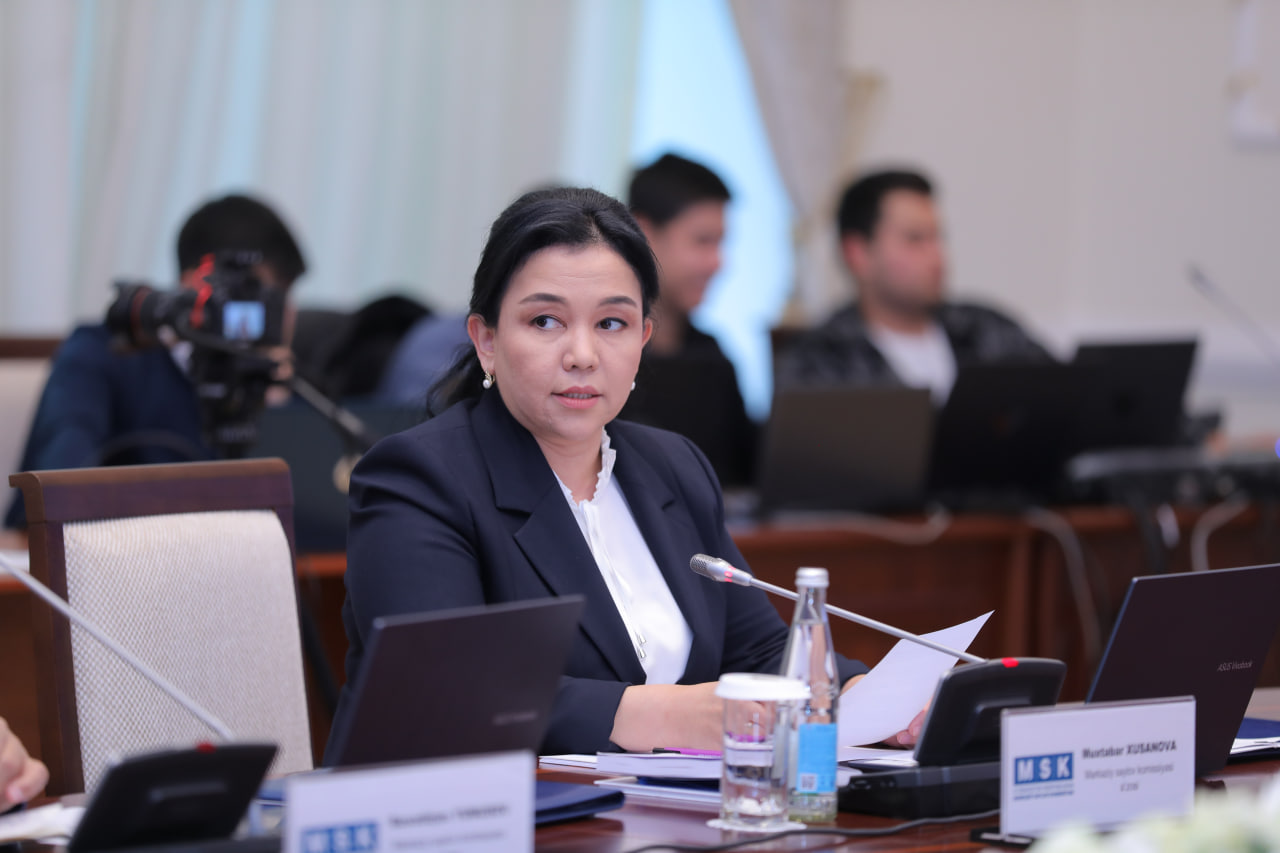
It was noted that following the results of the elections to the Legislative Chamber, the composition of the lower house of Parliament was renewed by almost 60%. The qualitative composition of the newly elected members of the Legislative Chamber is as follows:
38 percent of elected deputies are women, the highest proportion in the history of Uzbekistan.
Two deputies are under 30 years old, 38.6 percent are between 30 and 45 years old, 46.6 percent are between 45 and 60 years old, and 13.3 percent are over 60 years old.
Representatives of other nationalities living in our country make up 12.7 percent of elected deputies. Of these, 5 are Russian, 3 Kazakh and 3 Tajik, 2 Korean, 1 Turkmen and 1 Kyrgyz.
All deputies have a university education and 15 percent of them have studied abroad.
Of these, 30 percent are economists, 22 percent lawyers, 18.7 percent teachers, 12 percent engineers, 9.3 percent representatives of the medical field, 8 percent representatives of the cultural field, entrepreneurs and farmers.
Thirty-five percent of deputies have an academic degree.
Three people with disabilities were elected as deputies for the first time.
The Territorial, District and City Election Commissions also announced the results of the elections to the local Councils (Kengashes).
According to the results of the elections to the Jokargy Kenes of the Republic of Karakalpakstan, the Councils (Kengashes) of People's Deputies of the regions and the city of Tashkent, as well as the districts (cities), the composition was renewed by 59.2 percent.
32.6 percent of the newly elected deputies are women.
4 percent of the deputies are under 30 years old, 39.5 percent are between 30 and 45 years old, 40.8 percent are between 45 and 60 years old, and 15.7 percent are over 60 years old.
Representatives of other nationalities living in our country make up 11.2 percent of the elected candidates. Among them are 175 Tajiks, 111 Kazakhs, 33 Turkmens, 29 Russians, 21 Kyrgyz and others.
93.3 percent of deputies have a university degree, of which 36.2 percent are teachers, 18.2 percent economists, 13 percent engineers, 7.6 percent doctors, 5 percent lawyers, 20 percent representatives of culture, entrepreneurs and farmers.
4.4 percent of the candidates have an academic degree (in practice - 2.9 percent).
138 people with disabilities were elected as deputies to the local Councils (Kengashes).
The meeting also considered issues related to the approval of the certificate and lapel badge of a deputy of the Legislative Chamber and a member of the Senate, a deputy of the regional, district and city Councils (Kengashes) of People's Deputies and a decision was made accordingly.
Central Election Commission Press Service
Deputatlarning ro‘yxatini elon qilingizlar
Список зарегистрированных новоизбранных депутатов